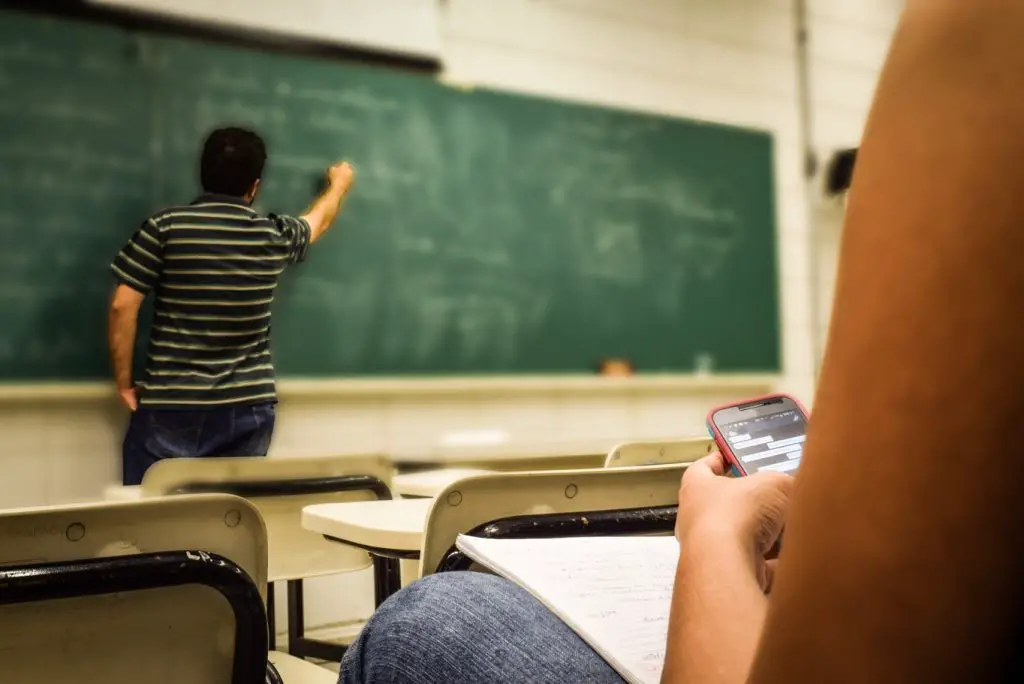Factors leading to behaviours that can disrupt a learning environment.
“The majority of learners genuinely want to learn and will display appropriate attitudes and behaviours, it cannot be assumed that this is the case for all learners and some will present challenges that have to be met.” (Gould & Roffey-Barentsen, 2014, p. 222) The vast majority of classes I teach do not suffer from challenging behaviour, […]
Factors leading to behaviours that can disrupt a learning environment. Read More »










